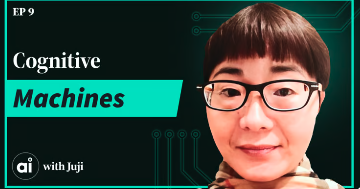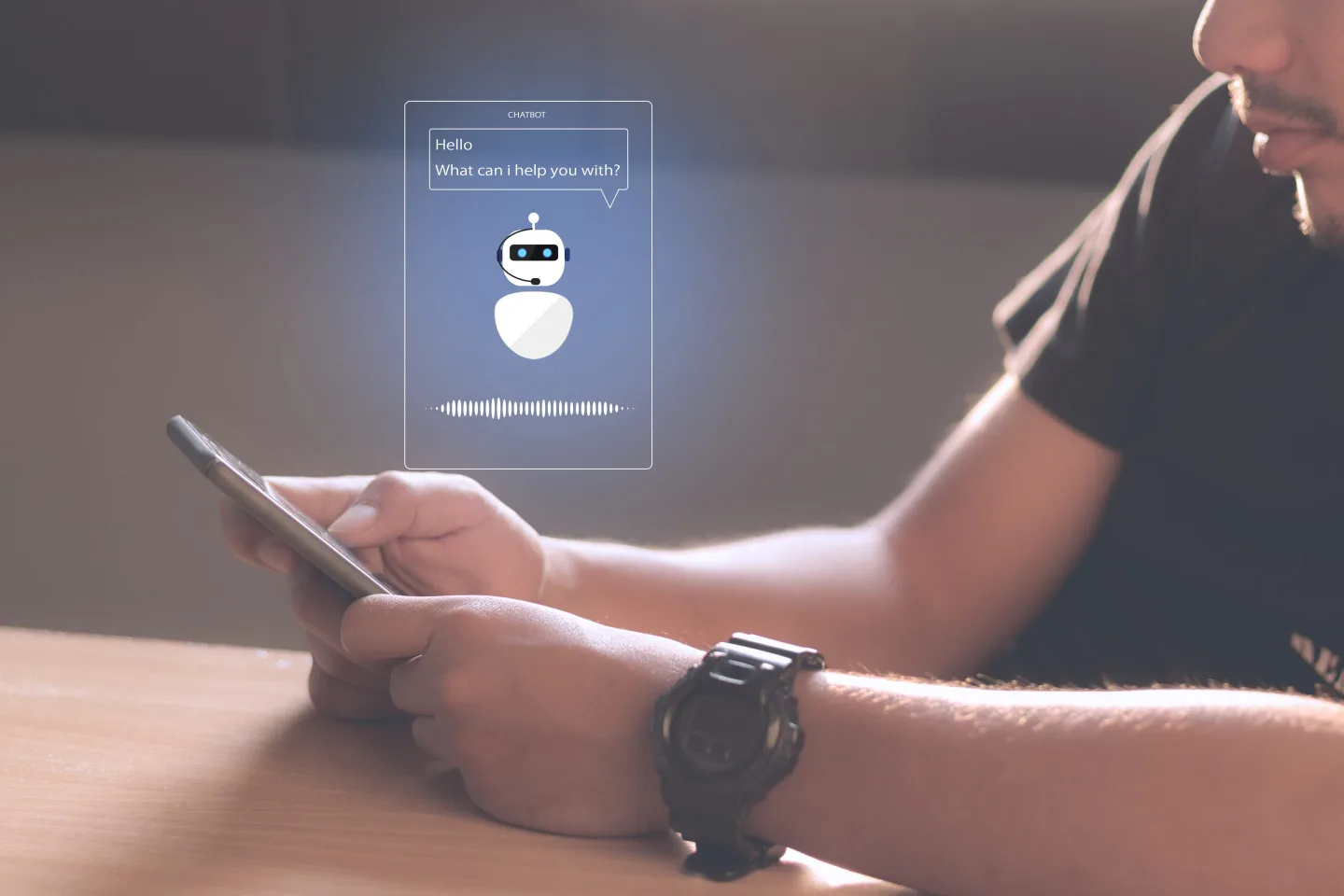Juji Co-Founder and CEO, Michelle Zhou, talked with Cheddar TV on Juji's work on cognitive intelligence and the state of AI chatbots.
The discussion is around three questions.
WHAT'S CURRENTLY MISSING WHEN IT COMES TO A.I. CHATBOTS NOW, AND HOW IS JUJI CHANGING THAT?
When it comes to existing AI chatbots, two things are often missing.
First, most AI chatbots actually has little AI in them. For example, a typical chatbot often forces its users to click on a bunch of buttons and follow a fixed path that often leads nowhere. Additionally, no matter who interacts with the chatbot, and the chatbot always gives one-size-fits-all responses.
Second, it’s expensive to acquire AI chatbots. It requires AI expertise, programming skills, not mentioning precious resources, such as AI training data.
What Juji brings to the table is a new generation of chatbots: not only do they have AI, but they also have an advanced version of AI--human-like cognitive intelligence. We call them cognitive AI assistants. Juji also enables almost anyone to quickly set up, launch, and manage their custom cognitive AI chatbot. No coding is required and no technical skills are required.
HOW DO YOU DEFINE 'COGNITIVE INTELLIGENCE'? WHAT ROLE DOES IT PLAY IN THE CHATBOT INDUSTRY?
In our human world, "cognitive intelligence" refers to our human abilities to understand, remember, learn, complete tasks, and make decisions. In the machine world, "cognitive intelligence" refers to machines that possess the very similar, human-like intelligence with their capacity to understand, remember, learn, and complete tasks.
Because of human-like intelligence, Cognitive AI can fundamentally transform the chatbot industry from three aspects:
First, chatbots are no longer just dumb bots. Instead they can augment a workforce to serve as humans’ responsible assistants in a wide range of tasks, from providing customer support to interviewing job candidates to conducting market research.
#2 Chatbots are no longer just cold, impersonal software. Just like humans, now they can have social-emotional intelligence, deeply understanding their users, empathizing with the users, and personalizing each engagement. For example, in the context of helping the higher education sector, a Juji AI chatbot can be configured to offer deeply personalized learning assistance or career development information.
#3 AI chatbot is no longer a luxury solution afforded only by certain organizations. Because Juji enables almost any organization to create and manage their own cognitive AI assistant, without requiring additional technical resources.
WHY IS IT IMPORTANT FOR YOUR USERS TO KNOW THEY ARE TALKING TO A BOT?
When adopting AI, it is critical to be transparent with AI users and let users know that they are interacting with a machine not a real person for two reasons.
First, AI is far from perfect. An organization needs to set the right expectations for their audience when using AI to engage with the audience. This way users know that they are interacting with a machine and don’t expect them to behave perfectly. People are most likely willing to forgive AI mistakes but they may not be so forgiving if the AI pretends to be a real person.
Because AI is imperfect, people often treat AI as a child and they are more honest and true to themselves when they are interacting with an AI as if they are interacting with a child. This is because they believe the machine or a child won't judge them like an adult person would do. This helps create an authentic relationship between a user and an AI, which helps the AI better understand and help the user in his/her true self. Just imagine that if AI tries help a student to find a major or a career development path, the authenticity of the student would help AI make better suggestions that suit the student and the student's true characteristics.
The full interview can be viewed online.




